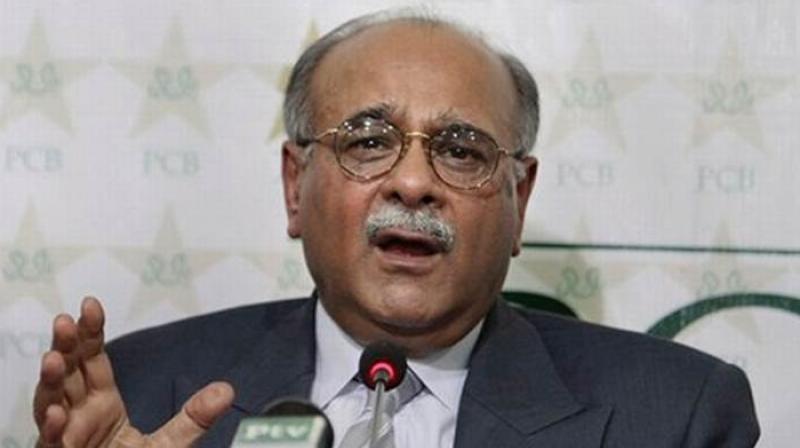ICC verdict in BCCI compensation case is politically influenced: Najam Sethi
PCB lost a legal battle against BCCI in a compensation case over the bilateral series issue when the Dispute Panel dismissed PCB's claims.

Karachi: Former Pakistan Cricket Board (PCB) chairman Najam Sethi has termed the International Cricket Council (ICC) verdict in a compensation case against the Board of Control for Cricket in India (BCCI) as "absurd" and "politically motivated."
Asserting that the PCB fought the case in the best possible manner, Sethi stated that one could not ignore the fact India has an "extremely strong lobby" in the board.
"We've pursued the case in the best possible manner. But we also must not forget that India have an extremely strong lobby in the board. But even then, this judgment is extremely absurd," the Express Tribune quoted Sethi, as saying.
"I seriously believe that this judgment is politically influenced. India's strength in ICC is unquestionable at times. They [BCCI] have threatened other members and ICC that if their terms are not agreed, they will establish their own ICC.
Therefore, I believe that this panel, which we first believed will be an independent one, had pressures to deal with which is why the verdict came against us," he added.
Talking about the feeling inside the Pakistan camp during the case, Sethi revealed that at no point did they feel that their case is weak. He further said that they were expecting a judgement which could take things forward between the two boards. But the decision left a bad taste, he said.
"At no stage did we feel that our case is not strong. We knew that India will put pressure on the ICC to give the verdict in their favour, but we were expecting a decision from where things can move forward. However, this judgment leaves a bad taste and unfortunately it seems that cricket between arch-rivals is only expected to resume when India will want to play Pakistan," he added.
PCB lost the legal battle against BCCI in a compensation case over the bilateral series issue when ICC-appointed Dispute Panel dismissed the claims of the Pakistan board.
They had filed the case against the Indian board saying that despite signing a Memorandum of Association (MoU) which guarantees six bilateral series between 2015 and 2023, India did not abide by the agreement.
Giving the verdict in India's favour, ICC clarified that the decision pronounced is binding and non-appealable in nature.

